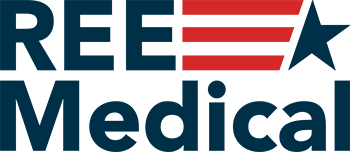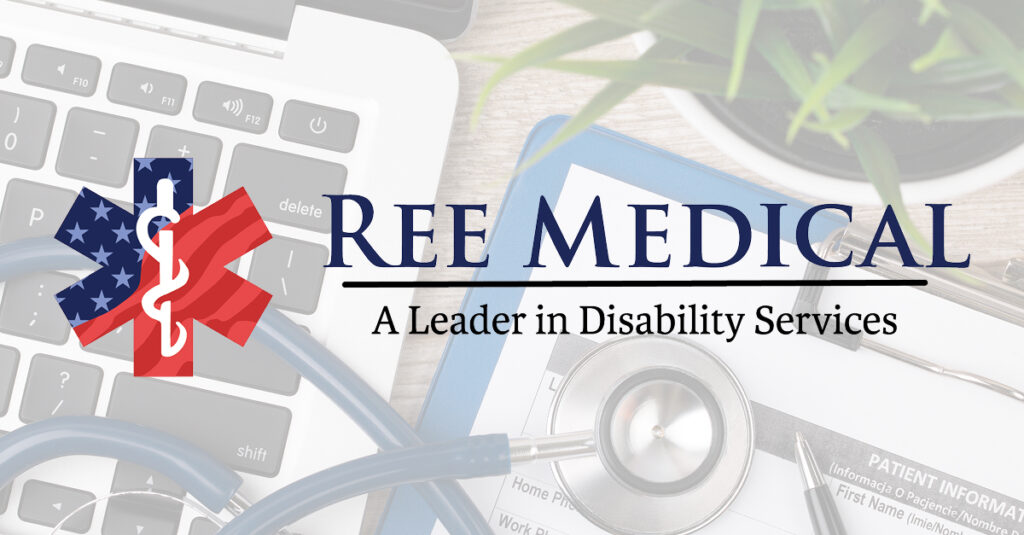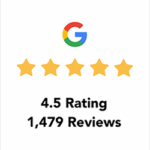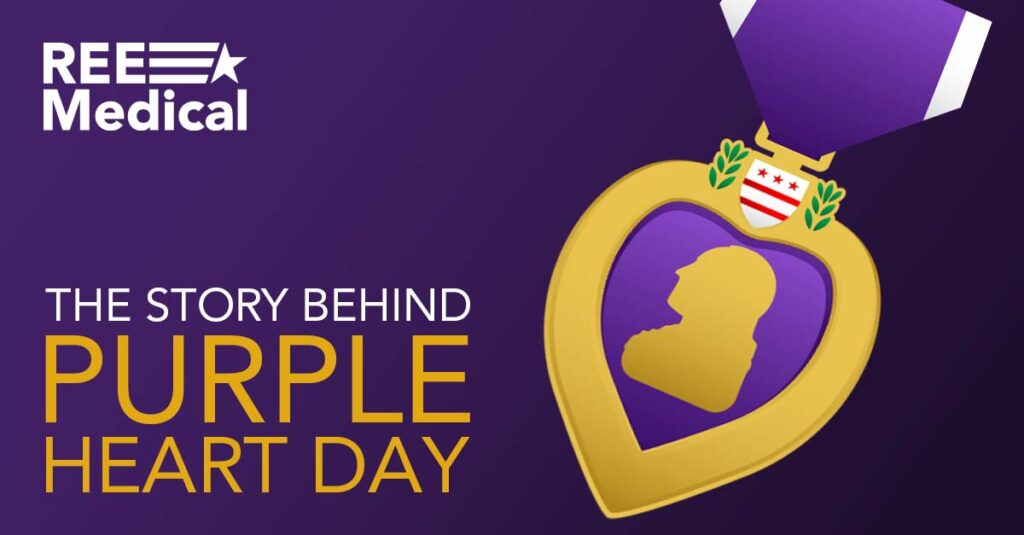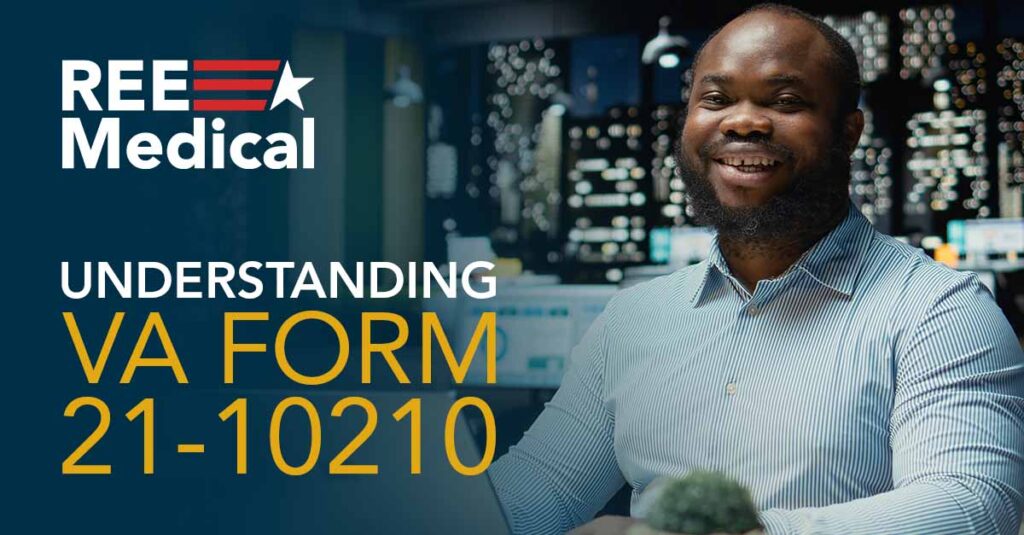Military service shapes individuals in profound ways. From leadership under pressure to discipline, adaptability, and teamwork, Veterans exit the service equipped with strengths that are highly valued in the civilian workforce. But turning that experience into a rewarding career isn’t always straightforward.
Whether you’re actively seeking a new role or thinking about what’s next, you deserve a professional life that honors both your experience and your future goals. So we’re offering guidance, encouragement, and practical steps to help Veterans build fulfilling careers—on your own terms.
1. Shift from Job-Seeking to Career-Building
The transition from service to civilian life isn’t just a job hunt. It’s a reinvention. That shift requires intentional planning:
- Think long-term: What industries align with your passions, lifestyle, and values?
- Consider growth potential: Choose roles that offer advancement, flexibility, and room to develop new skills.
- Reflect on purpose: Many Veterans want roles that contribute to something greater than themselves.
Tip: Logistics, operations, emergency management, healthcare, and cybersecurity are sectors where Veterans often thrive. And many of these paths offer opportunities to grow into leadership positions.
2. Leverage Veteran Hiring Programs and Federal Incentives
Numerous programs prioritize hiring Veterans, including the federal government’s Schedule A hiring authority, which allows qualified individuals with disabilities to be considered for roles without traditional competitive hiring processes.
Other hiring pipelines include:
- DoD SkillBridge Program – lets transitioning service members work in civilian roles during the final 180 days of service.
- Hiring Our Heroes, Warrior Transition Assistance, and VET TEC – programs that bridge military-to-career transitions through training, internships, or job placement.
Tip: Bookmark USAJOBS.gov Veterans Page and set up alerts for roles you qualify for.
3. Network with Purpose
The civilian job market is heavily influenced by relationships and referrals. Many Veterans are unaccustomed to self-promotion, but professional networking doesn’t mean bragging. It means connecting with people who want to help you succeed.
Start here:
- LinkedIn: Follow Veteran-supportive companies, engage with Veteran groups, and share your journey.
- Veteran Service Organizations (VSOs): Groups like DAV, VFW, and American Legion offer networking events, mentorship, and career fairs.
- Alumni & unit networks: Former service members in your MOS or command may already be established in industries that interest you.
Tip: Don’t wait to be 100% “ready” to reach out. Authentic curiosity and openness go further than a polished resume alone.
4. Develop New Skills Without Starting Over
Veterans often feel forced to start from scratch in civilian roles. But in reality, many skill sets—especially in leadership, problem-solving, and high-pressure decision-making—are directly transferable.
Still, credentialing matters. If you’re aiming for a new field:
- Take advantage of Veteran-specific scholarships and free certifications (via Coursera, Onward to Opportunity, or MyCAA for spouses).
- Consider short-term training programs in project management, IT, supply chain, or skilled trades. Many employers even reimburse costs.
Tip: A Marine Corps sergeant with operations experience could transition into supply chain management with a Lean Six Sigma certification and land a supervisor role in months, not years.
5. Understand the Emotional Side of Transition
Even Veterans with successful transitions admit that adjusting to civilian work culture can be frustrating. You might miss the camaraderie, clarity of mission, or direct leadership style.
It helps to:
- Set realistic expectations. Many Veterans report the first year is the hardest.
- Seek Veteran-friendly employers that understand the value of military experience.
- Build a support system: mental health professionals, career mentors, and fellow Veterans can help you process the change.
Tip: A rewarding career is one where you can be authentic, valued, and supported, not just employed.
6. Find Meaning in a New Mission
One of the most powerful ways Veterans find satisfaction is by aligning their work with a cause they believe in. This might mean:
- Working for a nonprofit that serves fellow Veterans.
- Joining a company with a social or environmental mission.
- Building your own business that creates opportunities for others.
You served for something greater than yourself. Your career can, too.
7. Build a Career Strategy That Accounts for Your Health
If your service-connected conditions are impacting your ability to work or grow in your career, it’s important to ensure your medical documentation accurately reflects your situation.
This doesn’t mean you’re limited. But it means you’re advocating for what you need to succeed long-term.
The Path Is Now Yours
Veterans are not one-size-fits-all. Some want careers that push boundaries. Others want stability. Many seek purpose. The best part? There’s no wrong path. Only the one you’re on.
The most rewarding careers are built with intention. With the right support, planning, and confidence in your experience, you’re more than capable of creating a professional future that honors your service while opening doors to what’s next.
Connect with REE Medical
REE Medical is proud to support Veterans on their path forward by connecting you with accurate and independent medical documentation that can be used as part of your VA disability journey.
If you’re a Veteran navigating your career transition and want to ensure your medical conditions are clearly and thoroughly documented by independent professionals, we invite you to schedule a free consultation today.
Our team of Veteran-focused professionals is here to help connect you with the medical clarity you need so you can move forward with confidence.
